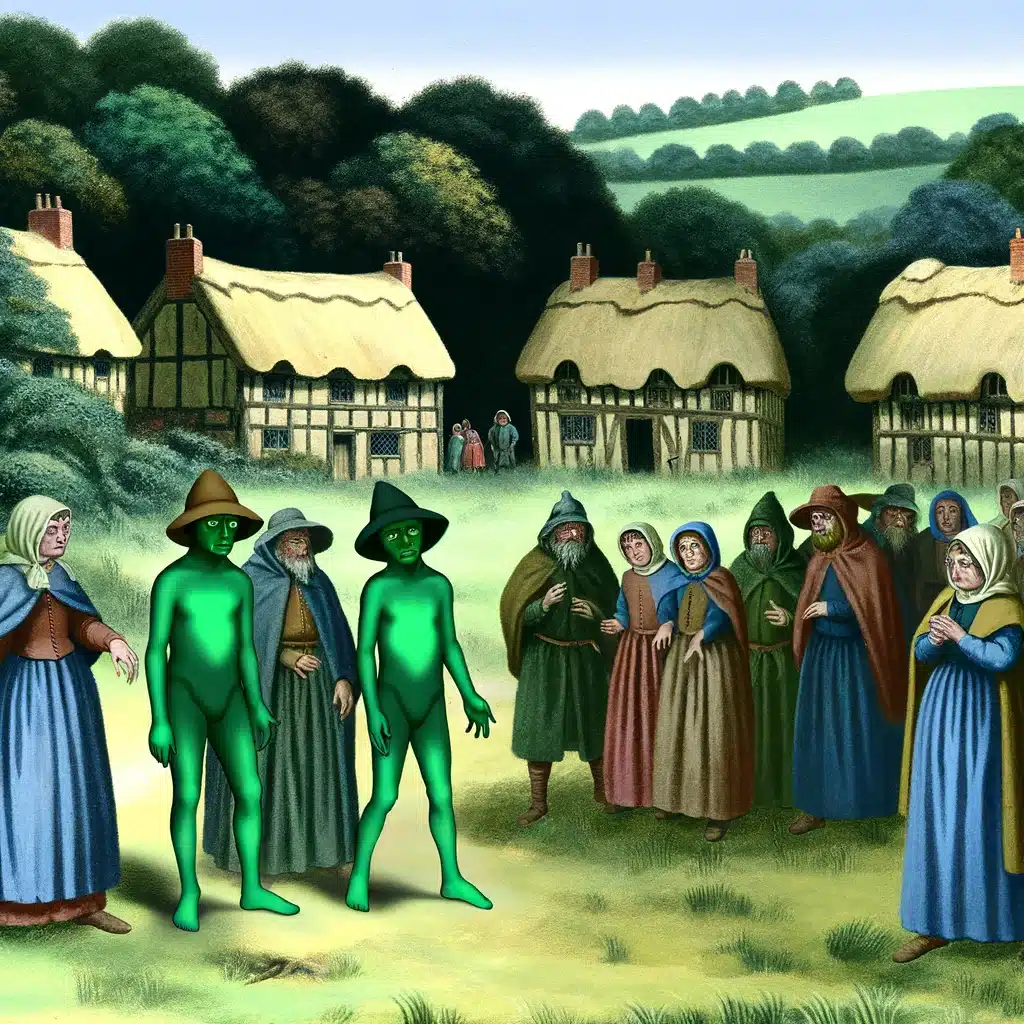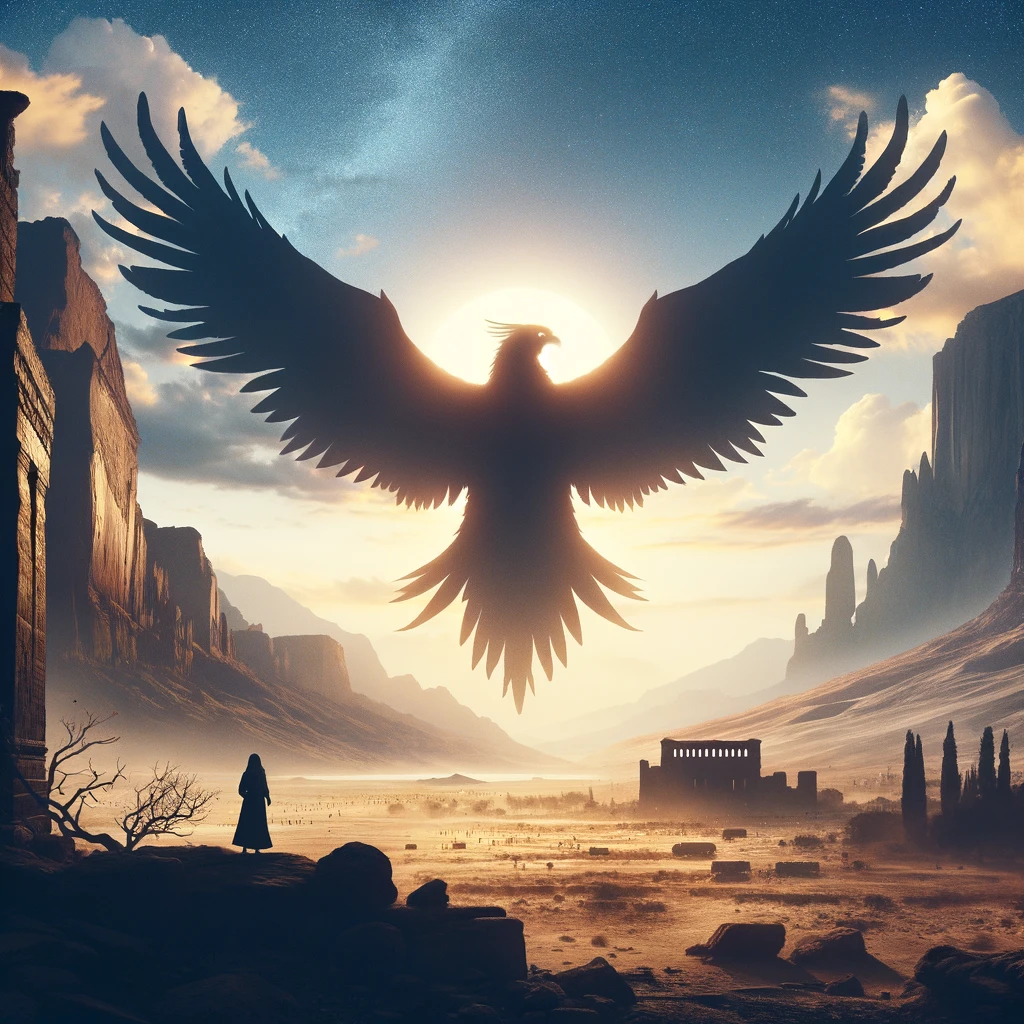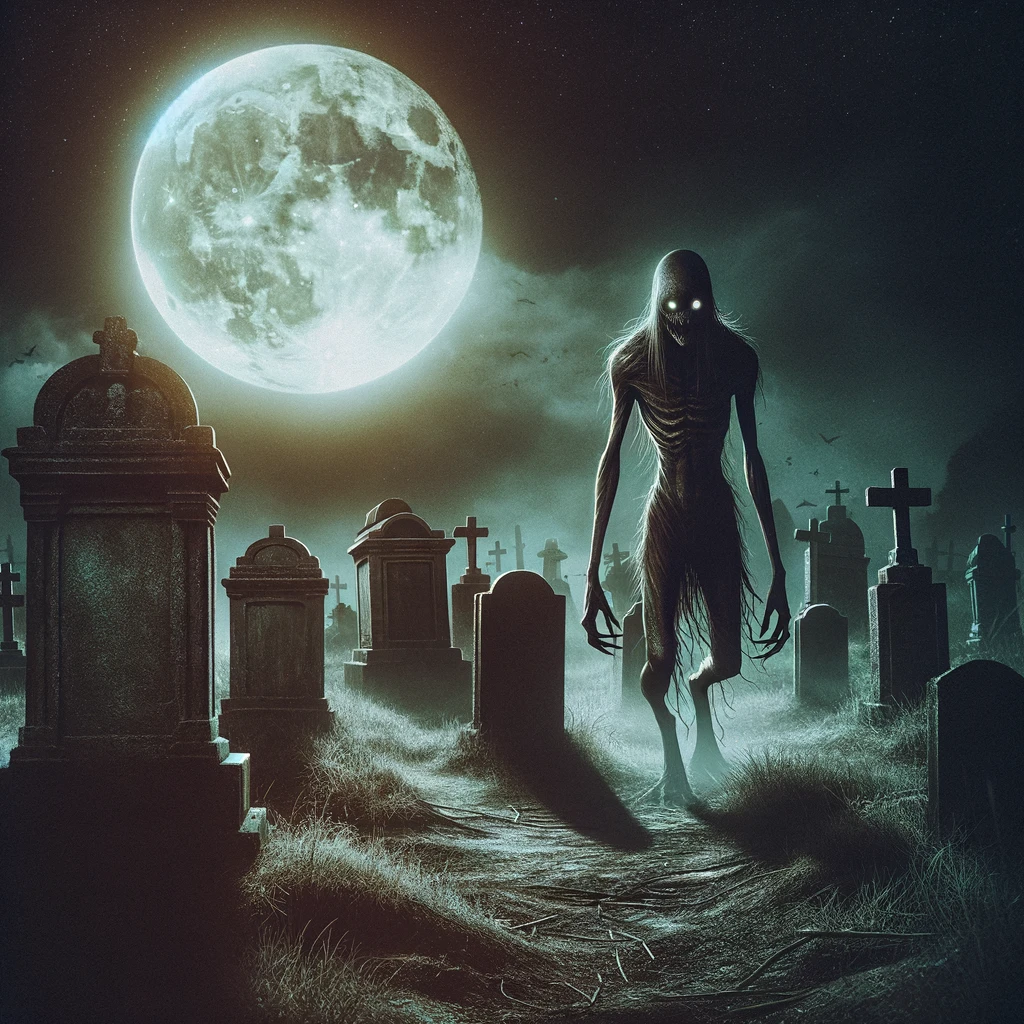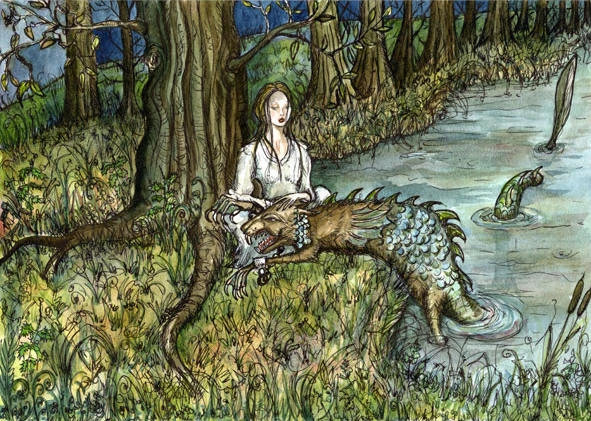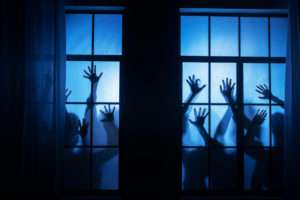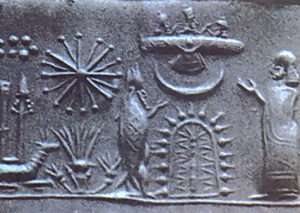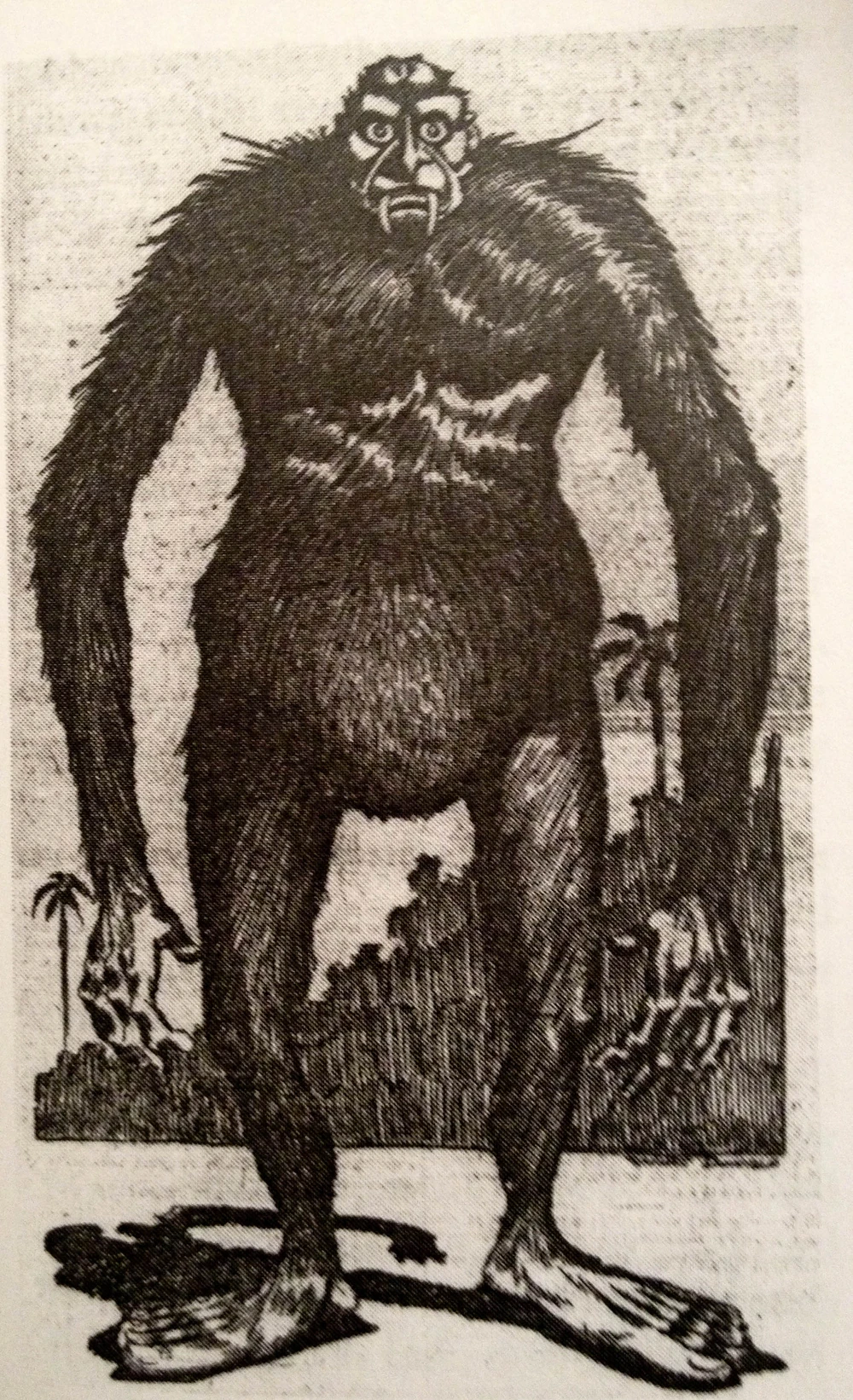The Munchkin cat, with its distinctive short legs and playful demeanor, has captivated the hearts of cat lovers around the world. This breed’s most notable feature, its short stature, is the result of a natural genetic mutation. First coming into the spotlight in the 1990s, the Munchkin cat has since become a beloved pet in many households, celebrated for its unique appearance and friendly nature.
Physical Characteristics
Munchkin cats are medium-sized felines, with males typically weighing between 6 to 9 pounds and females slightly less. Their defining characteristic is their short legs, which are the result of a genetic mutation affecting long bone development. Despite their short limbs, Munchkin cats are known for their agility and speed. They possess a thick body, a round head, and can come in any coat color or pattern, making each Munchkin cat uniquely adorable.
Behavior and Temperament
Munchkin cats are renowned for their playful, outgoing, and sociable nature. They enjoy interactive play with humans and other pets, showcasing a curious and adventurous spirit. Despite their short legs, they are quite agile and capable of jumping and running, although they may not reach the same heights or speeds as their longer-legged counterparts. Munchkin cats are affectionate and often seek out the company of their human companions, making them excellent pets for families and individuals alike.
Health Considerations
The gene that causes the short legs in Munchkin cats is autosomal dominant, which means that it only takes one copy of the gene for the trait to be expressed. However, cats that inherit two copies of the gene (homozygous) do not survive, which is a consideration for breeders. The breed does not seem to suffer from many of the spinal issues seen in short-legged dog breeds, but responsible breeding practices are essential to ensure the health and well-being of Munchkin cats. As with all cats, regular veterinary check-ups are recommended.

Controversy and Recognition
The unique look of the Munchkin cat has not been without controversy. Some animal welfare organizations and breeders express concern over breeding for physical traits that could potentially lead to health issues. Despite this, many Munchkin cats lead healthy, active lives, and the breed has gained recognition from various cat registries, though not universally.
Care and Maintenance
Munchkin cats require the same general care as other cat breeds, including a balanced diet, regular veterinary care, and plenty of mental and physical stimulation. Their coat, whether short or long, needs regular grooming to keep it clean and free of mats. Due to their sociable nature, they thrive in environments where they receive plenty of attention and interaction.
The Munchkin cat, with its distinctive short legs and engaging personality, continues to charm cat enthusiasts around the globe. As a breed, it underscores the diversity within the feline world and the joy that pets bring to their human companions. For those considering adding a Munchkin cat to their family, understanding and commitment to their care, health, and happiness are paramount, ensuring a rewarding companionship filled with love and playful antics.


